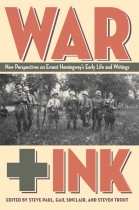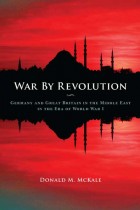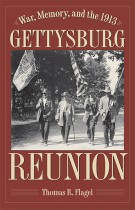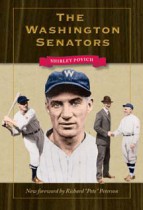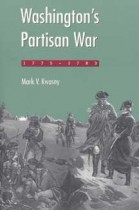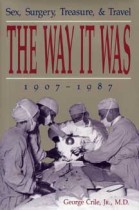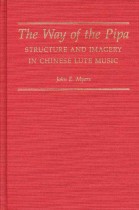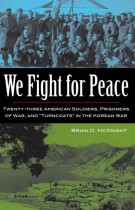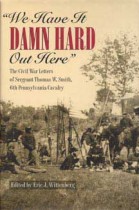Wanted on Warrants
Daniel J. Flannery | Filed under: Justice Studies
Since 2005, the Fugitive Safe Surrender (FSS) program has been implemented in more than twenty cities around the country. Tens of thousands of individuals with active warrants for their arrest have voluntarily surrendered to law enforcement in a church or other neutral setting. The sites are transformed for four days into complete justice systems with pretrial-intake, prosecutors, defense attorneys, judges, and probation/parole and community services staff. The program is advertised through local media and various community-based outlets, sending the message that individuals with nonviolent felony and misdemeanor warrants can voluntarily surrender to law enforcement and receive expedited action and favorable consideration of their cases.

